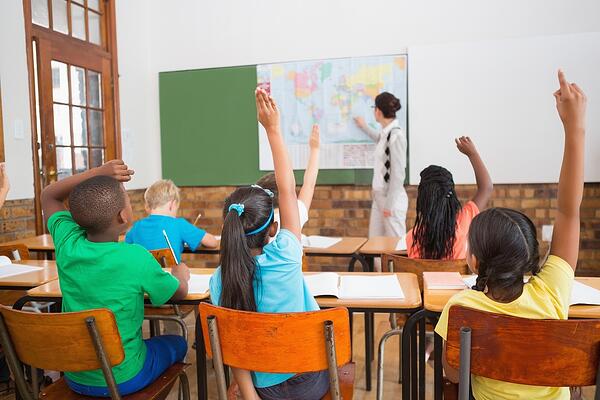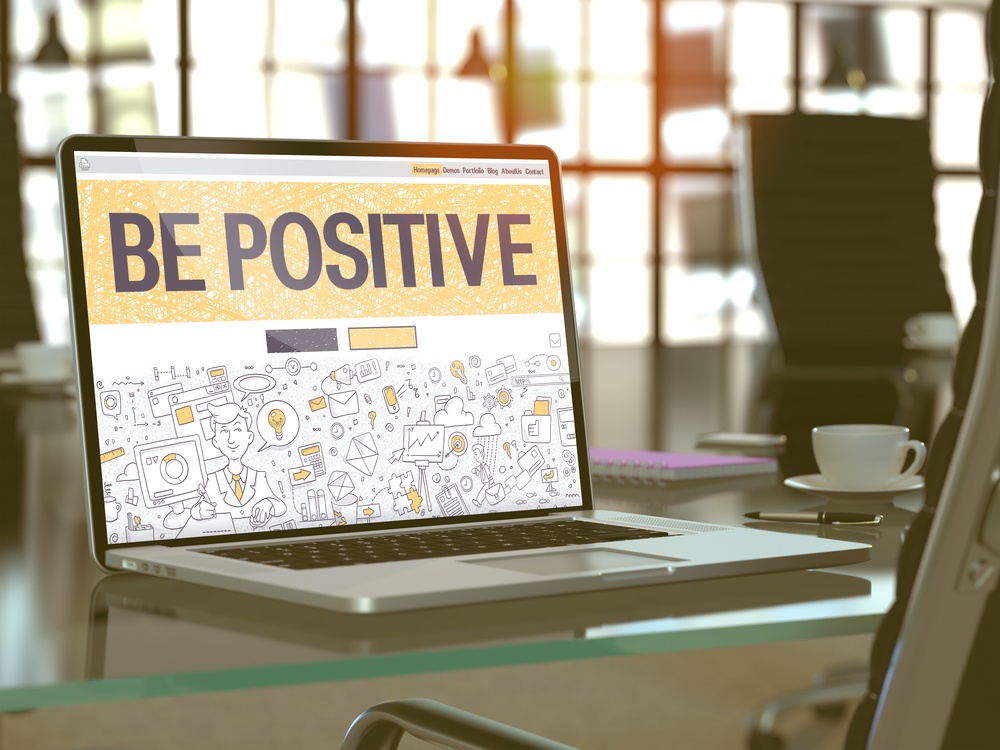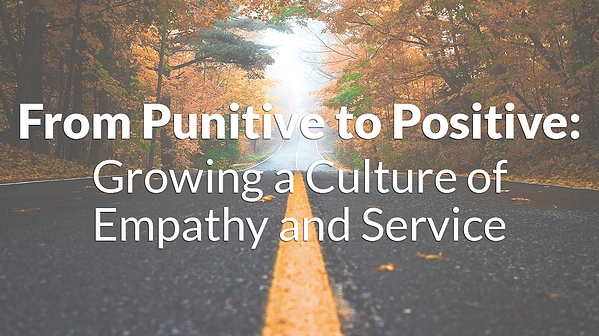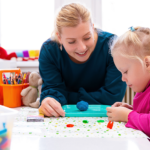Relationships, relationships, relationships. We know how important they are. We know if we do not love kids first, they are almost impossible to teach, but… are we intentional enough about personal relationships with individual kids in a classroom and school? We have all made the mistake of missing out on an opportunity to connect and make a difference because of our current focus or mood. We have all said things in an emotional state that we shouldn’t say. I look back on times where I have done this, and I am ashamed. I am remorseful and have deep regret. We are human and will make mistakes, but I never want to have regrets regarding relationships with others. Kids need us to be on our game and at our best every single day. A bad day will happen now and then, but what if some classrooms have multiple bad days? Consider the damage that is done and the missed opportunities within those classrooms. There is a lack of equity within some classrooms and do not have a positive climate. THIS keeps me up at night. Building strong relationships is non-negotiable. We simply cannot have teachers in classrooms and principals in schools who refuse to connect, lack empathy, and seek punishment for any negative behaviors. It is no longer acceptable.
Every educator needs to continually reflect and ask themselves,
Am I THAT educator?
Am I the one people wouldn’t want their child to have? Am I less preferred over other teachers because of my interactions with kids?
It is a gut checking question, but necessary in order to move from punitive to positive interactions with ALL students.

Empathy is the golden key to the mansion of respect.
Clear expectations and empathy go hand in hand. When kids and the teacher are seeking to understand where another person is coming from, patience takes over. Patient kids are less likely to lash out at others. Respect becomes more defined, and kids begin to understand that it is so much more than “being nice”. Expectations regarding tone of voice, body language, nonverbal cues, reciprocal discourse, collaboration, and honoring someone’s space are all areas which cause misbehavior and conflict among kids. Discussing these by attaching them to situations or scenarios will support kids’ comprehension of the learning community. When the majority of kids are knowledgeable about these aspects of respect, a classroom and school begins to transform into a family.
Consider the impact of following statements and questions on an individual student, classroom, and school. How many have you heard? Have you found yourself looking at discipline in these ways? How many of these does it take to intoxicate the culture and damage relationships?
- I have told you three times to stop talking. Go sign the notebook.
- I am done with him. He has no respect for me, and I can’t teach when he is in class.
- He doesn’t care about anything.
- She is lazy and will never make it in middle school/junior high/high school/the real world.
- You obviously don’t want to be here, so you can go to the office and see the principal.
- He will be in prison by the time he’s an adult. He doesn’t have a chance.
- It is my classroom, and you have to follow my rules.
- I am done. You need to leave my classroom.
- If you don’t stop, you’re going to the office.
- I want a punishment for _______. She has to learn that she can’t do this.
- I send a kid to the office, and he comes back calm and like nothing happened. The principal did nothing to support me.

Empathy Leads to Contribution and Service
When classrooms and schools are led with empathy, students begin to understand the impact of serving others. Students learn the ramifications of their actions through strong, trusting relationships with adults. Through conversations, restoration of the harm done becomes the consequence and the ultimate teaching moment that serves as a catalyst for a change in behavior. There is so much power in this level of teaching, because it involves repair that strengthens relationships. Whether the harm done is a ripped up paper, a child who was hurt, a destroyed classroom, or words spoken, the attempt to repair the harm is the ultimate consequence. Students begin to learn how their behaviors negatively impact their environment and the people within it. It won’t happen overnight, in a week, or possibly not even in a year. This is why we can never be “done” with a student, and why we cannot discipline without support from other adults.
Empathy is a bridge to serving others. When students see how their contributions influence their classroom and school, it provides motivation to continue trying to do more good than harm. The brain begins to connect to the heart, and that is empowering! Service through a student’s interests and natural talents can lead to motivation for building their future story, and stop being a victim of their circumstances. Service stems from an empathetic heart. Prioritizing ways for students to lead acts of kindness and service will feed a school’s culture and strengthen connections between adults and peers.
Empathy. Service. Relationships. Empowerment. From punitive to positive…what can you do NOW to make the transition, or continue to strengthen the classroom/school community after the transition? The time is now. Our kids deserve it, and we want them to remember us as a supportive adult who was always in their corner.
Can you relate when reflecting on your own journey? Share your story in our comments section and feel free to provide your own tips on how you made the transition from punitive to positive.






